#человек-амфибия
Explore tagged Tumblr posts
Text

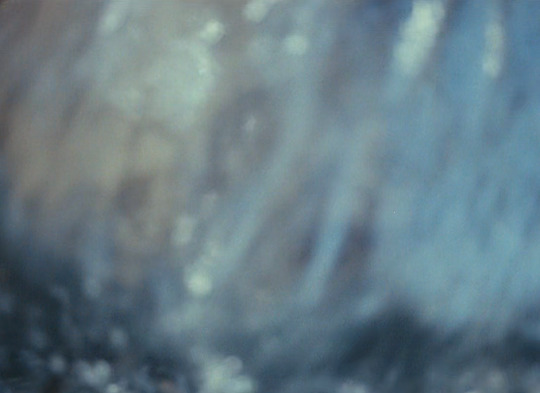


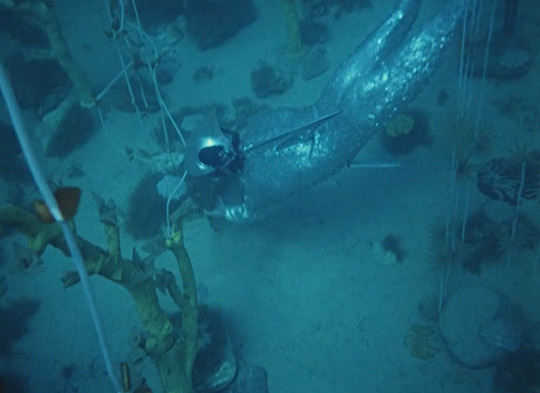
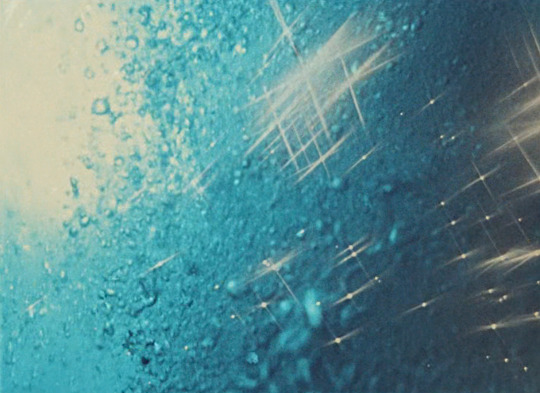

Amphibian Man (1962) // dir. Vladimir Chebotaryov, Gennadi Kazansky
#Vladimir Korenev#Amphibian Man#Человек-амфибия#Vladimir Chebotaryov#Gennadi Kazansky#my caps#my edits#*amphibianman
284 notes
·
View notes
Text



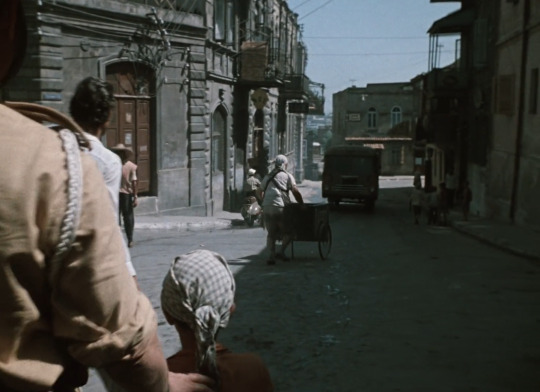

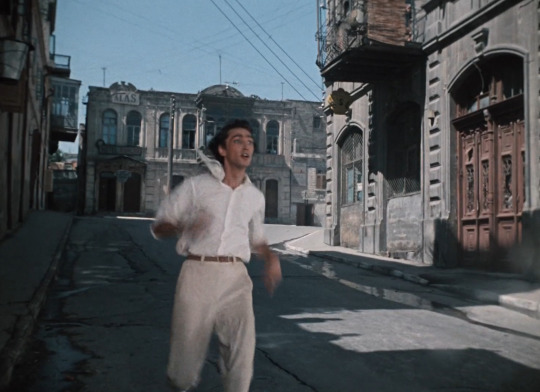

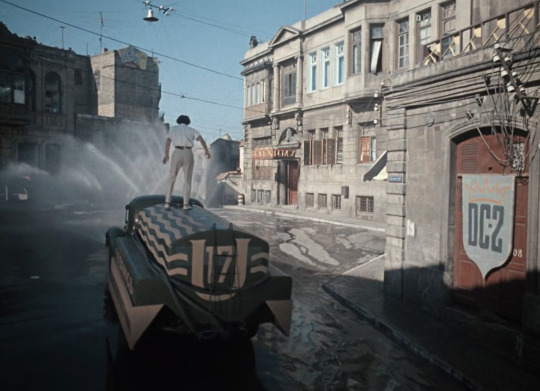

Человек-амфибия / Amphibian Man Vladimir Chebotaryov, Gennadiy Kazanskiy. 1961
Fountain 22 Boyuk Qala, Bakı, Azerbaijan See in map
See in imdb
#vladimir chebotaryov#gennadiy kazanskiy#amphibian man#Человек-амфибия#fountain#vladimir korenev#baku#azerbaijan#movie#cinema#film#location#google maps#street view#amphibian#1961
31 notes
·
View notes
Text
The Amphibian Man - Book Review
Firstly, I would like to thank @anitaofsamothrace for introducing me to this wonderful film and book, and this post would not be possible without her help.
"Amphibian Man" (Человек-амфибия) is a captivating science fiction adventure novel penned by the esteemed Soviet Russian writer, Alexander Belyaev. This imaginative work was first introduced to the world in 1928, capturing the hearts and minds of readers with its unique blend of scientific exploration and fantastical storytelling.

Synopsis
"Amphibian Man" (original title Человек-амфибия), a captivating Russian science fiction novel written by Alexander Beliaev in 1928, weaves a tale of scientific ingenuity, human transformation, and societal reflection.
The narrative revolves around Salvator, an Argentinian doctor distinguished not only by his medical prowess but also by his daring approach to science. When faced with the critical condition of his son, Ichthyander, Salvator embarks on a life-saving transplant, forever altering the course of Ichthyander's existence.
While the experiment proves successful, granting Ichthyander a new lease on life, it comes at the cost of restricting his interactions with the world beyond the ocean's embrace. Subsequently, Ichthyander finds himself compelled to navigate the challenges of life submerged, raising poignant questions about identity and adaptation.
The plot takes an intriguing turn with the introduction of Pedro Surita, a local pearl gatherer who discovers Ichthyander's extraordinary diving abilities. Pedro's attempt to exploit the young man's superhuman skills adds an element of tension and moral complexity to the narrative.
Beyond the individual struggle of Ichthyander, "Amphibian Man" delves into broader socio-political themes. The story subtly weaves in socialist ideas, offering a commentary on the pursuit of equality and the improvement of living conditions for the world's impoverished populations. As the characters navigate their personal challenges, the novel invites readers to reflect on the interconnectedness of scientific advancement, human nature, and societal structures.
"Amphibian Man" stands as a timeless exploration of the human condition, seamlessly blending elements of science fiction, morality, and social critique in a narrative that continues to captivate readers across generations.

Writing Style
The writing style of "Amphibian Man" is characterized by its vivid and elaborate descriptions, transporting the reader into a world rich with imagery. While the level of detail might be perceived as excessive by some, it serves the purpose of allowing readers to immerse themselves in the environments depicted. The author, Alexander Beliaev, employs a skillful use of language to vividly portray not only the physical landscapes but also the nuanced expressions and actions of the characters.
Despite the descriptive nature of the prose, some readers may find that the pacing occasionally slows down, leading to moments of potential monotony. However, this deliberate choice in writing style aims to offer a comprehensive and immersive experience, allowing readers to envision the intricate details of the narrative. The tropical and mystical ambiance of the Argentine coast serves as an enchanting backdrop, enhancing the overall reading experience and adding a layer of atmospheric charm to the storytelling.
One notable strength of the novel lies in its ability to address enduring and relevant themes. The narrative touches on topics that remain pertinent in contemporary society, fostering a connection between the fictional world and the reader's own reality. The exploration of these themes adds depth to the storyline, elevating "Amphibian Man" beyond a mere tale of fantastical transformation.
The characters in the novel are portrayed with charisma, making them relatable and engaging for the reader. The storyline's magnetic pull leaves the reader eagerly anticipating each unfolding chapter, creating a desire to delve deeper into the narrative. This captivating quality contributes to the novel's status as a classic, as it manages to sustain the reader's interest throughout.
Without divulging spoilers, the story skillfully weaves a captivating narrative that elicits a range of emotions. While there are moments of humor that provide a welcome respite, the narrative also concludes with a poignant blend of melancholy and joy. This emotional resonance lingers with the reader, leaving a lasting impression and prompting reflection on the intricacies of the human experience.
In essence, "Amphibian Man" is not merely a book but a literary journey that combines descriptive prowess, enduring themes, charismatic characters, and emotional depth. It is a classic that transcends time, inviting readers to explore its pages and, as an added dimension, experience the tale on the cinematic screen. The novel's ability to evoke a spectrum of emotions ensures its place as a timeless and multidimensional work of literature.
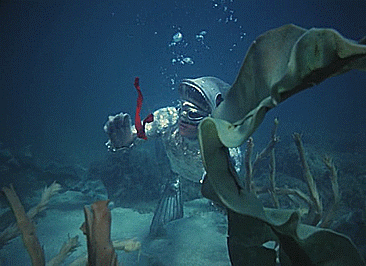
Reviews about the movie
The cinematic adaptation of "Amphibian Man" has been praised for its visually stunning aesthetics and its ability to evoke genuine emotion. The film's cool aesthetic captures the attention of the audience, creating a visually engaging experience. However, despite its visual appeal and emotional resonance, some critics argue that the book delves into a broader spectrum of topics with greater depth.
The movie primarily focuses on social and interpersonal problems, as well as personal tragedies, offering a glimpse into the complexities of the human experience. While the film addresses these themes, some viewers feel that the book handles these aspects with a more nuanced and profound approach, exploring the intricacies of the narrative in a more comprehensive manner.
During its initial release, the film received mixed reviews from critics. The discrepancy between critical reception and public popularity can be attributed to the prevailing cinematic norms of the time. Critics, often rooted in traditional values, were less receptive to the film's departure from Soviet values in both character portrayal and storytelling. The clash between the old-school critics' expectations and the film's innovative approach contributed to a divide in critical opinions.
Despite the lukewarm reception from critics, the film gained immense popularity among audiences. Its success can be attributed to its ability to resonate with viewers on a more emotional and personal level. While the characters may not exude extreme charisma or flamboyance, they are portrayed as authentic individuals with a balance of virtues and flaws. This realism in character portrayal allows audiences to connect with the story on a more human level.
Critics, however, noted that the characters in the film appeared shallower in comparison to their literary counterparts. The film's emphasis on the action genre received mixed reviews, with some feeling that it lacked the depth present in the book. This divergence in critical assessments underscores the subjective nature of artistic interpretation.
Despite the criticisms, the movie has stood the test of time and is now considered a classic. It holds a special place in the hearts of those who watched it, with fond memories lingering among audiences. The enduring popularity of the film, in contrast to its initial critical reception, highlights the dynamic relationship between cinematic innovation, audience reception, and the evolving standards of storytelling. "Amphibian Man" remains a cinematic gem, cherished by its audience for its unique blend of visual appeal, emotional depth, and its status as a classic in the realm of film adaptations.
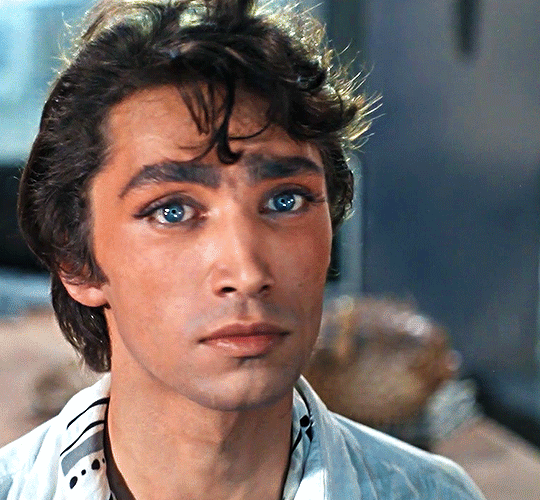
Curiosities about the movie
"Amphibian Man" has garnered international recognition, with acclaimed Hollywood filmmaker Quentin Tarantino expressing it as his favorite Russian movie. This endorsement from a prominent figure in the film industry underscores the global appeal and impact of the Russian cinematic gem.
Interestingly, the movie has been at the center of controversy regarding its influence on the 2017 Hollywood production "The Shape of Water." Accusations of plagiarism have arisen due to the striking similarities between the two films. Both share a common narrative thread, featuring a protagonist with an amphibious nature, a Soviet connection, and a setting in the 1960s. The parallels in plot and thematic elements have sparked debates among film enthusiasts about potential inspirations or influences.
While such accusations may ignite discussions about artistic originality and creative inspiration, they also highlight the enduring relevance of "Amphibian Man" as a source of inspiration for contemporary filmmakers. The film's impact has transcended geographical boundaries, leaving an indelible mark on the cinematic landscape and influencing works beyond its cultural origins.
As debates continue about the similarities between "Amphibian Man" and "The Shape of Water," it serves as a testament to the enduring legacy of the Russian classic and its capacity to resonate with filmmakers across different cultures and generations. The movie's cultural significance and its ability to spark discussions in contemporary cinema contribute to its status as a cinematic treasure with a lasting impact.

Personal opinion
It was a truly pleasant experience delving into the pages of this book and immersing myself in the world of this film. As my initial encounters with Russian/Soviet literature and cinema, they ignited a curiosity that compels me to explore more works of a similar nature.
Thank you for taking the time to explore my thoughts on “The Amphibian Man” ~
#человек-амфибия#the amphibian man#book review#russian literature#soviet literature#classic literature#books#booklr#russian cinema#soviet cinema#movie review#book recommendations
4 notes
·
View notes
Text
ahaha super niche for tumbler but a major heatthrob for the 60s USSR. i present to you vladimir korenev:
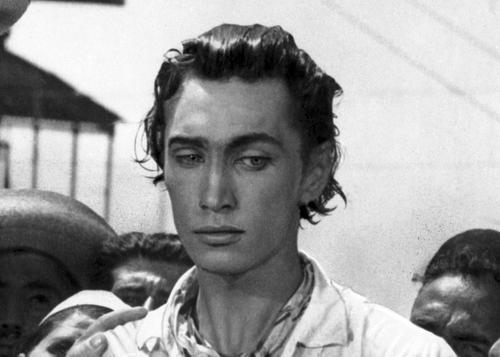
HAH.
of course i was several decades late for the party, but does that count? oh and i was like 10 when i saw him, so technically he counts as old.
enough of pedro pascal and ryan reynolds and all those other run-of-the-mill dilfs everyone and their mum are into: reblog and tell me your nichest old man crush
9K notes
·
View notes
Text
Владимир Коренев
Фильм "Человек амфибия " 1961 год
🎩
Vladimir Korenev
The film "Amphibian Man " 1961
42 notes
·
View notes
Text
мутные fuck-ты:
мировой рекорд по задержке дыхания под водой был достигнут хорватом Будимиром Шобатом 27 марта 2021 года, который задержал дыхание на 24 минуты и 37 секунд. в среднем человек может задержать дыхание на 30-90 секунд. вау! вот он человек амфибия правда?
35 notes
·
View notes
Text
В определённый момент я понял, что больше погружён в западную, американскую и азиатскую культуру, чем в русскую. Поэтому я устроил себе месяц российского кино.
Результаты (из того, что раньше не смотрел, либо смотрел очень фрагментарно):
1. Человек-амфибия - два миллионера добиваются внимания женщины. Один купил её у отца, но второй - беловолосый голубоглазый ариец коммунист.
2. Я шагаю по москве - meh, проходничёк.
3. Дерсу Узала - затянут��, очень медленно, но не пожалел.
4. Неоконченная пьеса для механического пианино - meh, мимо меня.
5. Москва слезам не верит - вообще огонь, абсолютно вне времени, восхитительно.
6. Тихий дон - посмотрел новый. Теперь у меня меньше вопросовк нетфликсу, что там все перетрахались.
7. Приключения электроника - очень годно, если выкинуть линию с бандитами.
8. Берегись автомобиля - meh, скучно.
9. Дмб - норм. Типа классика.
10. Майор гром - огнище, понравилось.
11. Дылда - мимо меня.
12. Левиафан - великолепнейшая картинка в сочитании с мыльным сериалом он россии-2.
13. Остров - понравилось, хороший, правильный фильм, пропогандирующий религию.
14. Глубже - легонько, смешно. Но чуть затянуто.
15. Время первых - вообще огненно.
16. Многоэтажка - тот же "дурак".
17. Реальные пацаны против зомби - так плохо, что хорошо.
18. Утомлённые солнцем - бэээ.
19. Кочегар - я удивлён, что это вышло после брата. Слишком просто и линейно.
20. Премия - как же это жизненно. До боли жизненно.
21. Двойной обгон - нуок. Хорошо даже.
22. Авария - дочь мента - зашло, но как продукт времени.
23. Гонщики - да, моё. Сильная специфика времени, но оно понятно.
24. Восточный коридор или рэкет по... - буэээ
25. Петровка 38 - я не могу вспомнить о чём он. Видимо ни о чём.
26. Белое солнце пустыни - Мерисьюшно, понравилось.
27. Свой среди чужих, чужой среди своих - тоже не могу вспомнить. Мимо.
28. Старики-разбойники - очень совецкий фильм.
29. Чернобыль - бэээ.
30. Духи ада - какое же это говнище.
31. 12 стульев - абсолютно нет.
32. Иди и смотри - великолепно, очень страшно, захватывающе, ужасающе. Кроме расстрела коровы бластерами
33. Десять негритят - ох уж эта театральщина.
34. Служебный роман - ну посмотрел и посмотрел.
35. Тысяча дешёвых за��игалок - какое кринге. Закос под американскую школу с колумбайном. Там даже есть подросток - переросток со скейтбордом.
36. Притяжение - равносильно с обзором бэда. Теорема эскобара.
37. Черновик - книги лукьяненко всегда очень сильно насилуют.
38. Про уродов и людей - смотрится на одном дыхании. Гилти плэжэр.
39. Интердевочка - "сказка про золушку"
40. Тупой жирный заец. Маклаков великолепен.
41. Generation П - понравилось.
42. Жмурки - типа классика. Посмотрел на раз - не пожалел.
43. Мне не больно. Ну да, понравилось.
44. Пока цветёт папоротник. Очень хорошо.
И есть три заброшеных тайтла:
Гостья из будущего. Я пытался, это невероятно скучно, я старался, но нет. Романовы - это оказалась документалка, а не художка. Война - не выдержал и пяти минут. Вообще никак не захотел смотреть.
Вроде результатами доволен, действительно есть, чего посмотреть. Но мне не хватает чего - то лёгкого. Не хватало сёнена.
К концу третьей недели вспомнил, что студия анимации 2х2 - это тоже российская студия, и я могу разбавить ими. Особо рекомендую "нигдегород", " доктор пси" и "вселенная хакинга".
5 notes
·
View notes
Text


15 ноября в Вагайцевской средней школе им. Н.Н. Медведева для учащихся восьмого класса прошел фильмовечер «Культурный индикатор», организованный Центральной районной библиотекой им. М. Горького.
Из электронной презентации «Развитие российского кинематографа от истоков до наших дней» участники узнали об истории появления кино, о том, какие профессии связаны с процессом его создания. Посмотрели фильм «История Российского Военно-морского флота. От Петра Первого до наших дней», где вместе с историками и экспертами отправились в открытое плавание по страницам истории становления России как Морской державы. В завершение мероприятия вниманию подростков были предложены лучшие произведения художественной литературы, которые стали удачным примером переноса читателя из волшебного мира книги в потрясающий мир кино, и по которым поставлены фильмы: «Вечера на хуторе близ Диканьки», «Калина красная», «Собачье сердце», «Мастер и Маргарита», «12 стульев», «Они сражались за Родину», «Человек амфибия» и другие.
0 notes
Text
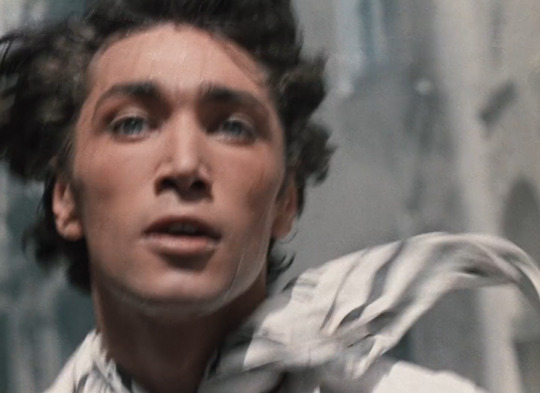
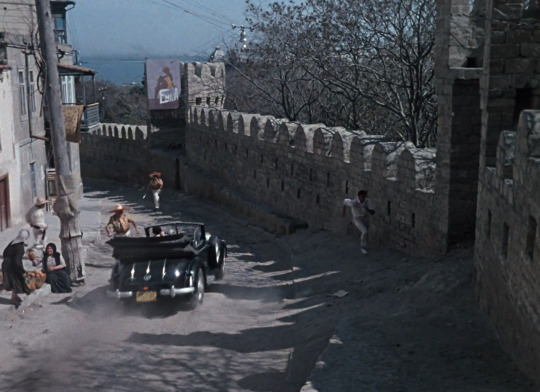

Человек-амфибия / Amphibian Man Vladimir Chebotaryov, Gennadiy Kazanskiy. 1961
Running 26 Kichik Qala, Bakı 1001, Azerbaijan See in map
See in imdb
#gennadiy kazanskiy#vladimir chebotaryov#amphibian man#Человек-амфибия#baku#azerbaijan#vladimir korenev#city walls#movie#cinema#film#location#google maps#street view#1961
17 notes
·
View notes
Text
5 эффектных купальников в советском кино 60-х, которые помнят все
Уголок урбаниста
5 эффектных купальников в советском кино 60-х, которые помнят все
19 сентября 2022

Вспоминаем самые популярные купальники из советских фильмов 1960-х
В советское время кинематограф был очень целомудренным в современном понимании, когда любые намеки на с@кс, которого в СССР как бы не было, вырезались при приемке фильма на худсовете и Госкино. Ввиду этого советским зрителям - мужчинам приходилось любоваться разве что на актрис, которые с приходом хрущевской оттепели 60-х стали все чаще появляться на экране в купальных костюмах.
И что интересно, многие въевшиеся в память образы никак не были связаны с летним отдыхом на пляже и водными процедурами. Особенно любил снимать подобные сцены комедийный режиссер Леонид Гайдай, поговаривая, что "Брижит Бардо в купальнике выглядит талантливее, чем Фаина Раневская".
Но а для дам просмотр таких фильмов превращался в некий аналог показа мод, а засветившаяся модель белья вмиг становилась главным трендом сезона, который мало кто мог себе достать. Ведь обычно как реквизит киношники использовали заграничные трикотажные купальники, которые брали у кого-то из членов съемочной группы, выезжавших за пределы СССР. А советская легкая промышленность вплоть до 80-х годов шила лишь модели из мешковатой ситцевой ткани.
1. Человек-амфибия (1961)
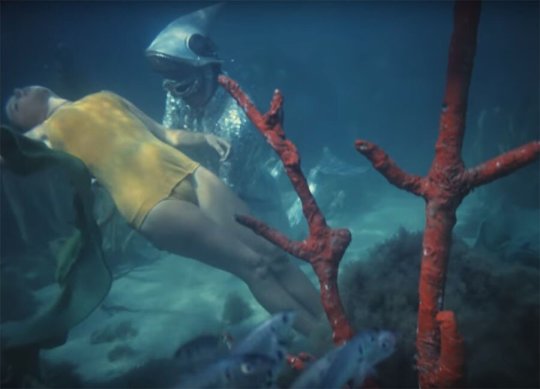
Кадр из х/ф "Человек-амфибия"
Фантастический фильм про Ихтиандра, человека с жабрами, который может жить под водой, стал лидером кинопроката 1962 года. Зрителям - мужчинам особенно запомнилась сцена спасения от акулы Ихтиандром красавицы Гуттиэре в желтом слитном купальнике, который немного просвечивал под водой и отлично подчеркивал стройную фигуру 16-летней актрисы Анастасии Вертинской.
2. Три плюс два (1963)
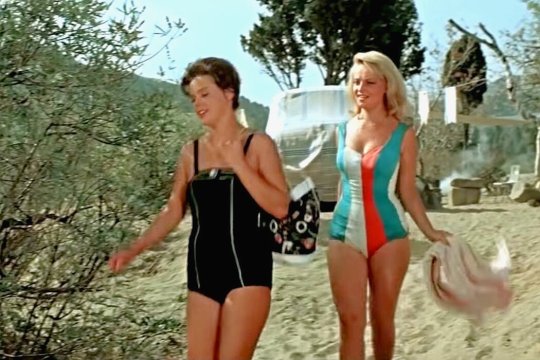
Кадр из х/ф "Три плюс два"
Выход в прокат легкой романтической комедии для молодежи пришелся на разгар хрущевской оттепели и популяризовал отдых дикарем. На фоне фильмов про председателей колхозов кинокартина об отдыхе и битве полов на побережье Крыма между 3 молодыми парнями и 2 девушками выглядела очень прогрессивно и свежо, быстро завоевав у зрителей популярность. Кроме того, в ней, пожалуй, впервые в советском кино героини Натальи Кустинской и Натальи Фатеевой появляются в облегающих купальных костюмах из эластичной ткани.
Брюнетка Фатеева (Зоя) в фильме носит всего один закрытый черный купальник, а вот блондинка Кустинская (Наташа) щеголяет то в полосатом закрытом, то в в более интересном раздельном серого цвета, за что ее даже называли советской Брижит Бардо.
3. Операция Ы и другие приключения Шурика (1965)
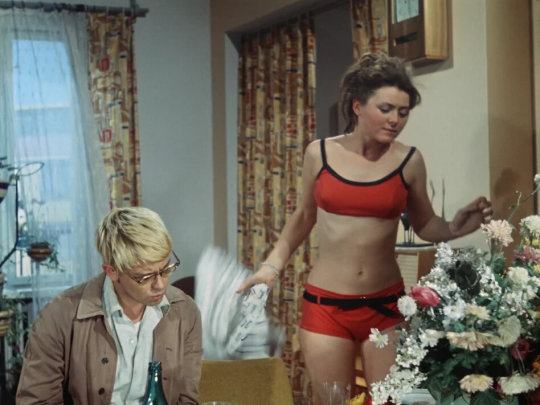
Кадр из х/ф "Операция Ы и другие приключения Шурика"
В гайдаевском фильме-трилогии зрители смогли увидеть Наталью Селезневой в купальнике в новелле Наваждение, когда ее героиня, хорошая девушка Лида, увлеченно готовясь к важному экзамену, в своей квартире снимает с себя платье в присутствии малознакомого Шурика, думая что она с подружкой. Под платьем внезапно оказывается раздельный купальный костюм красного цвета с черной окантовкой, фасон которого после выхода фильма еще очень долго был в моде.
4. Кавказская пленница (1967)
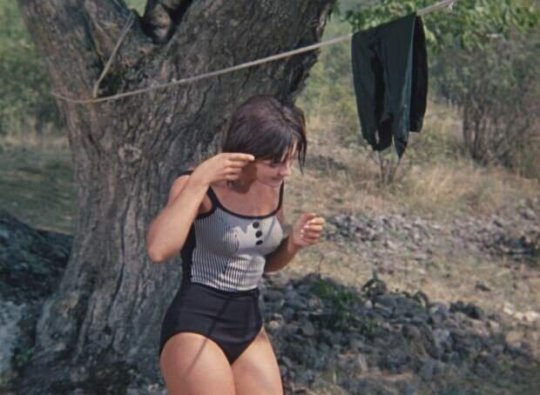
Кадр из х/ф "Кавказская пленница"
Во втором фильме Леонида Гайдая про студента Шурика зритель мог лицезреть в купальнике молодую комсомолку и просто красавицу Нину, которую сыграла 19-летняя дрессировщица Наталья Варлей. После спасения Шурика из бушующей горной реки Нина на радость зрителям в слитном черно-сером купальнике развешивает мокрое белье сушиться.
Кстати, говорят что Гайдай в процессе подбора подходящей актрисы сделал до несколько сотен фотопроб разных актрис в купальниках.
5. Бриллиантовая рука (1968)
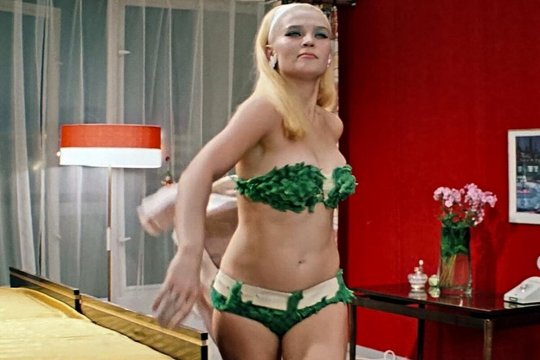
Кадр из х/ф "Бриллиантовая рука"
Несомненно, в этой культовой комедии Леонида Гайдая промелькнул самый запомнившийся зрителям купальник за всю истори�� советского кинематографа.
Довольно пикантную сцену, где Светлана Светличная в образе роковой женщины по заказу контрабандистов соблазняет в номере гостиницы Семён Семёныча Горбункова, чтобы скопрометировать его в глазах жены и управдома, до сих пор помнят, пожалуй, все. В итоге "невиноватая" девушка, избавившись от короткого халатика с перламутровыми пуговичками, остается в одном зеленом раздельном купальнике с чешуей и широким ремнем-поясом, да еще и с оторвавшейся застежкой верха.
0 notes
Photo

Три года назад не стало Владимира Коренева Много жертв забрал этот злосчастный коронавирус и одной из его жертв стал замечательный советский и российский актер Владимир Борисович Коренев. 2-го января 2021-го года его не стало. Владимир Коренев сыграл в нескольких десятках ролях в кино, всю жизнь он играл в одном театре - театре им. Станиславского на Тверской в Москве. Но всему Советскому Союза он запомнился и полюбился по одной роли. Это был его второй фильм - "Человек-Амфибия" по фантастическому роману Александра Беляева. Премьера фильма состоялась в начале 1962-го года и за этот год его посмотрело 65 миллионов человек. Больше о советской культуре смотрите у нас на сайте - https://www.sovkult.ru/
0 notes
Video
youtube
The Amphibian Man Человек-Амфибия (1963) Original Trailer
0 notes
Text
"The first fish among men, the first man among fish..." 🐠

A messy spread for Ichthyander, my first platonic crush.
The movie is cute and all, but go read the book. Like, now. It's got similar, if not the same sense of queer neurodivergent longing y'all found in The Little Mermaid.
#человек-амфибия#человек амфибия#amphibian man#александр беляев#alexander belyaev#junk journal#scrapbooking#science fiction#sea life#the amphibian#traditional art
58 notes
·
View notes
Text
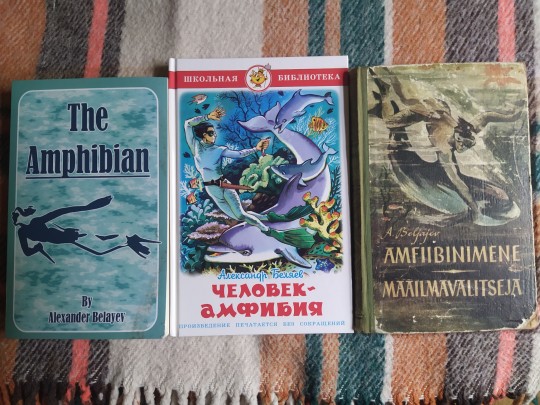
Behold! Read! Envy!
I am a fan of Amphibian Man (the book) in 2022!
#alexander belyaev#amphibian man#the amphibian#человек амфибия#александр беляев#человек-амфибия#booklr#booksbooksbooks#science fiction#sci fi books
8 notes
·
View notes
Text

I've read "Amphibian Man" by Alexander Beliaev and MY GOD it's awesome, mostly because of Ichthyander who is my new blorbo. Awesome boi nice personality.
(If you know how to organise "[book title] Weekly", I would be ill-mannered enough to ask for advice. I want more people to read this book🥺)
#my art#the amphibian man#amphibian man#fan art#человек амфибия#человек-амфибия#literature#book club#science fiction
4 notes
·
View notes
